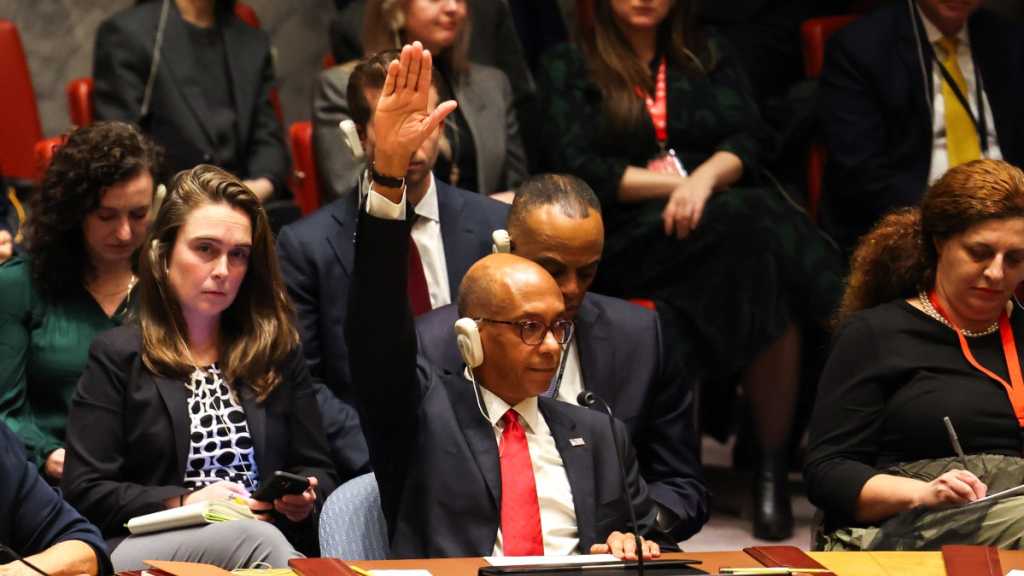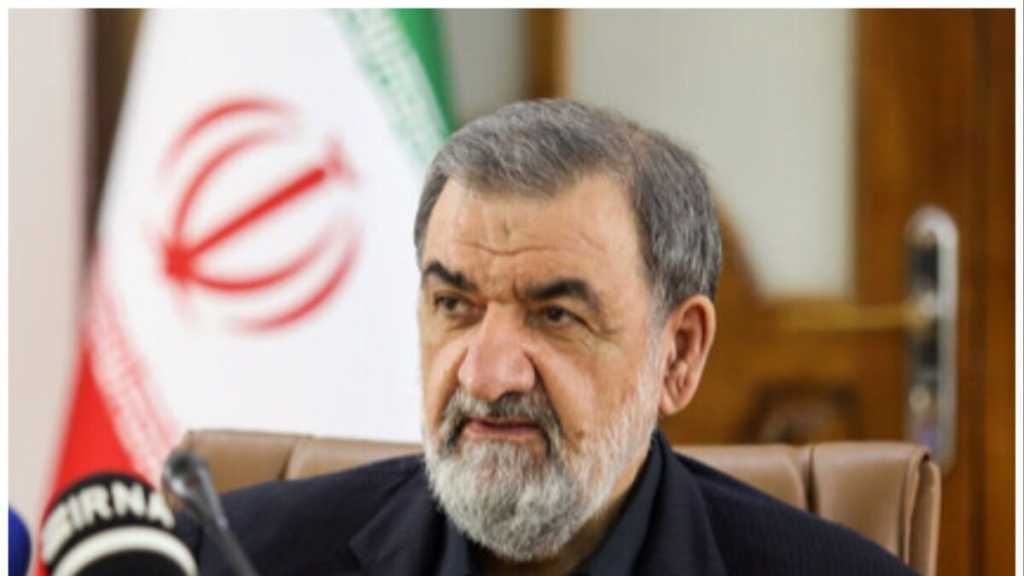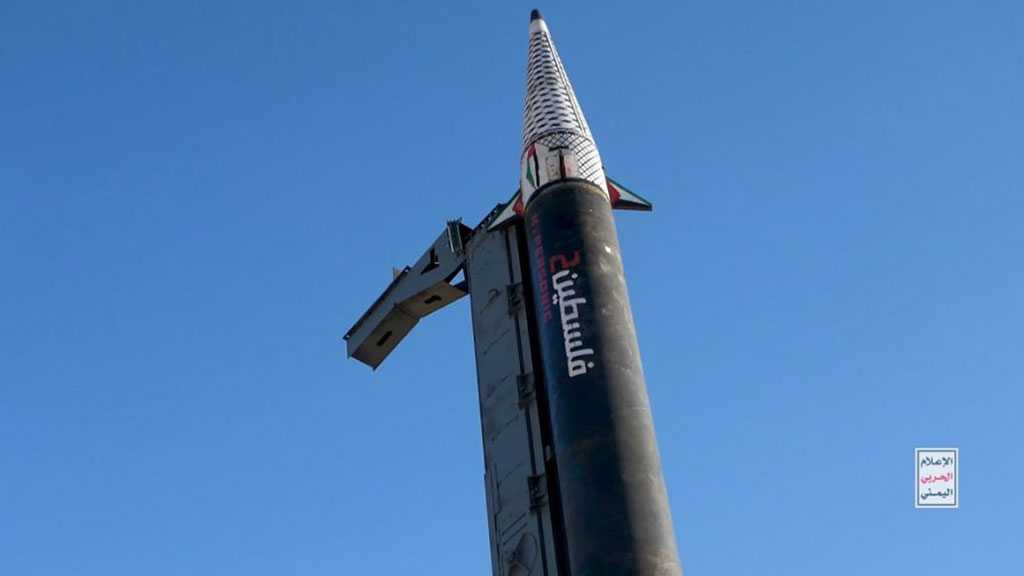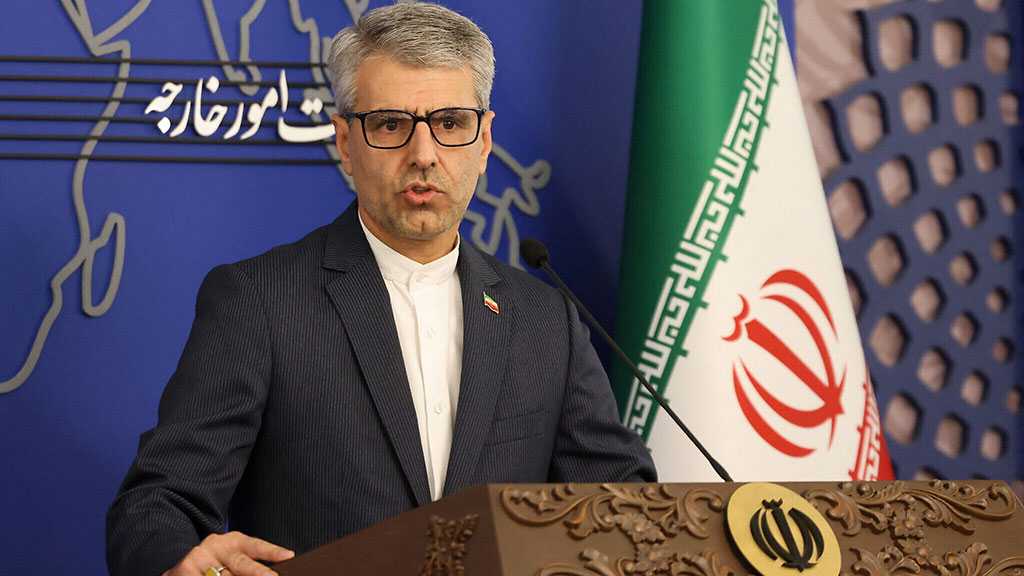HRW Accuses Bangladesh Police Unit of Rampant Rohingya Abuse
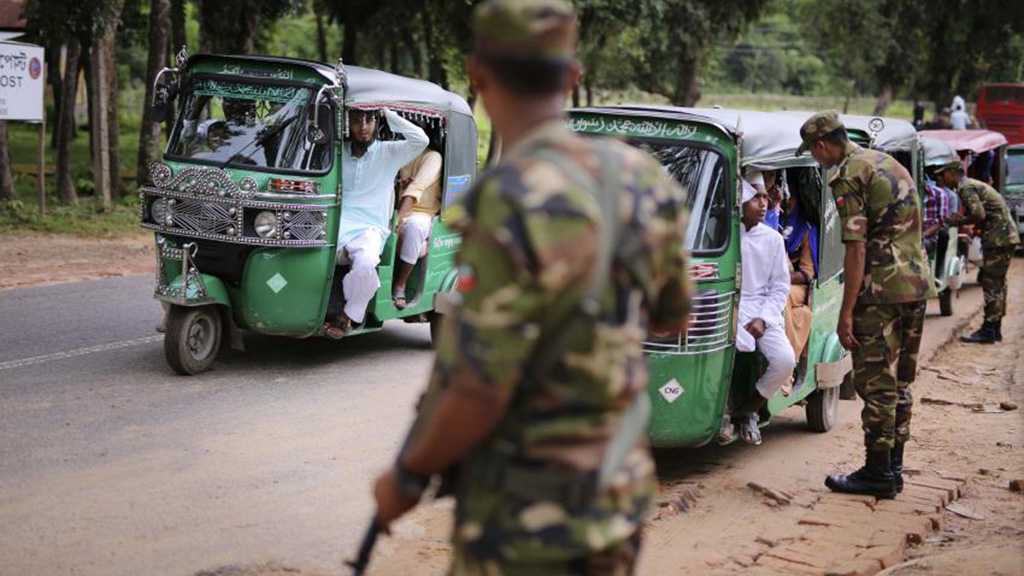
By Staff, Agencies
An elite Bangladesh police unit is engaged in the “rampant” extortion, harassment and wrongful arrests of the Rohingya refugees it has been tasked with protecting, Human Rights Watch [HRW] said.
The Armed Police Battalion [APBn] operates in camps housing nearly one million members of the stateless minority, most of whom fled neighboring Myanmar after a military crackdown that is now the subject of a genocide investigation by the United Nations.
Refugees and humanitarian workers told the New York-based human rights watchdog that safety had deteriorated after the unit took charge of camp security in 2020. In a report outlining police conduct and released by HRW on Tuesday, some Rohingya said abuses had become “a regular occurrence”.
“Abuses by police in the Cox’s Bazar camps have left Rohingya refugees suffering at the hands of the very forces who are supposed to protect them,” HRW Asia researcher Shayna Bauchner said.
The rights group said it had spoken to dozens of Rohingya refugees living in the sprawling and overcrowded camp network in southeastern Bangladesh and documented at least 16 cases of serious abuse by battalion officers.
Police demanded hefty bribes and threatened refugees with arrest if they did not pay, HRW’s report said, adding that families were often forced to sell gold jewelry or borrow money to free unjustly detained relatives.
“Police generally demanded 10,000-40,000 taka [$100-$400] to avoid arrest, and 50,000-100,000 taka [$500-$1,000] for the release of a detained family member,” the report said.
Bauchner called on authorities to investigate the accusations and hold responsible officers to account.
Battalion commander Syed Harunor Rashid said the HRW report was “questionable”.
“Criminals are telling them false facts, and [Human Rights Watch workers] are reporting them. This is like giving comfort to criminals,” he told the AFP news agency, adding that the unit would investigate if it “receives specific complaints”.
Police acknowledge that violence has spiked in the camps, which are home to armed groups and are allegedly used as staging posts for regional drug trafficking networks.
At least 20 refugees, including top community leaders, were killed by armed groups last year as part of a turf war in the settlements.
Comments
- Related News

